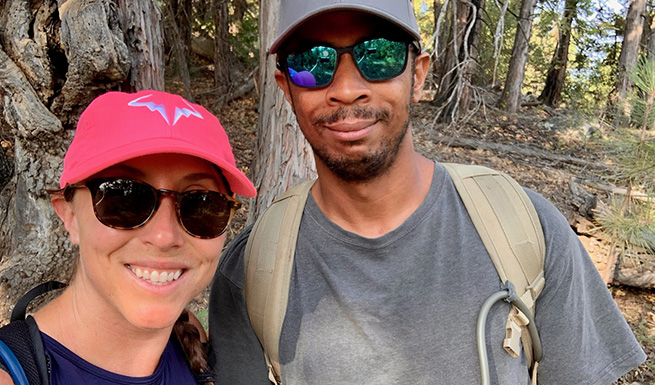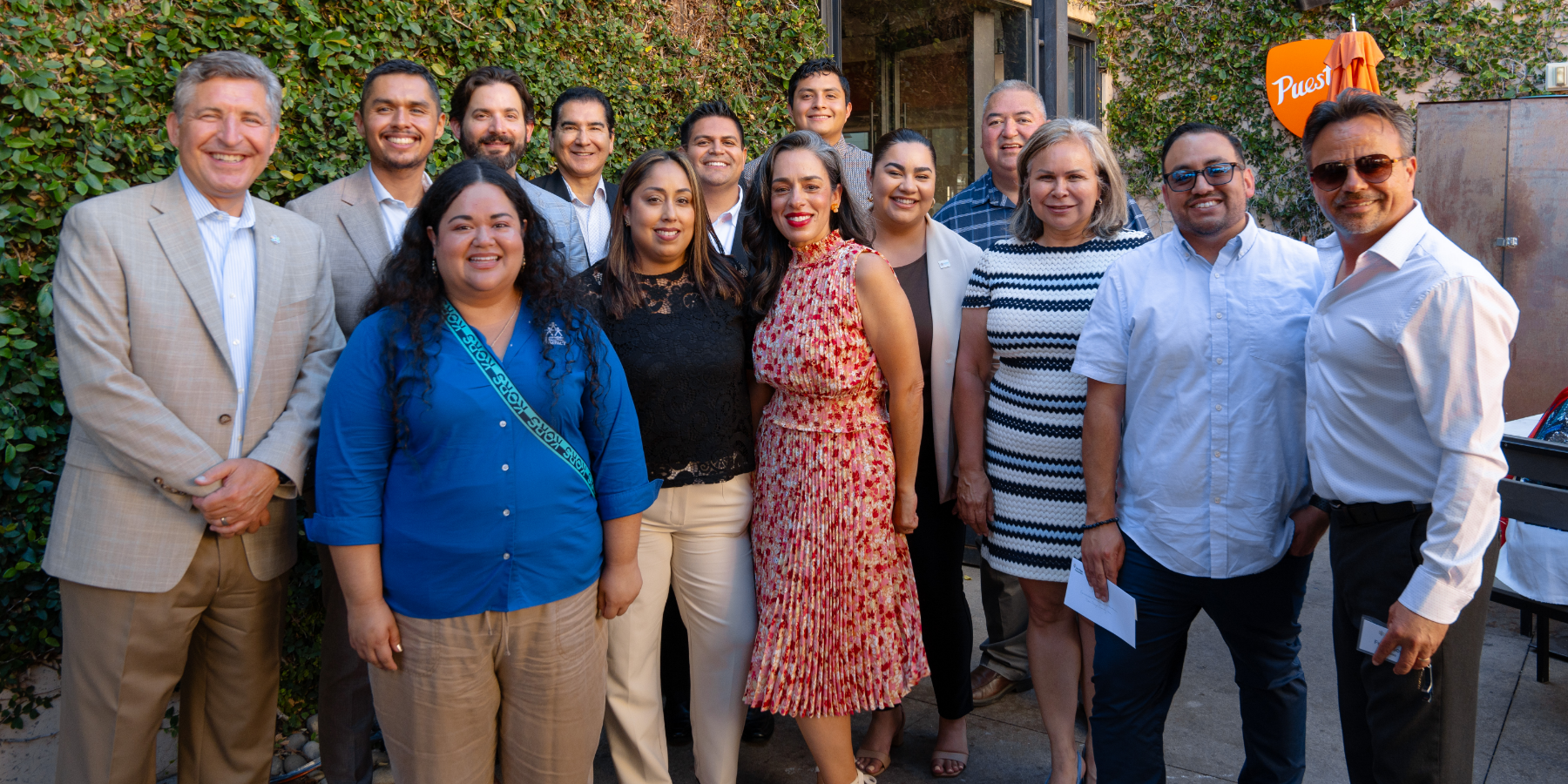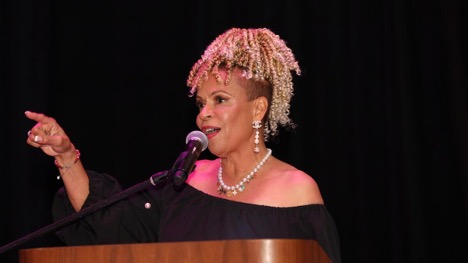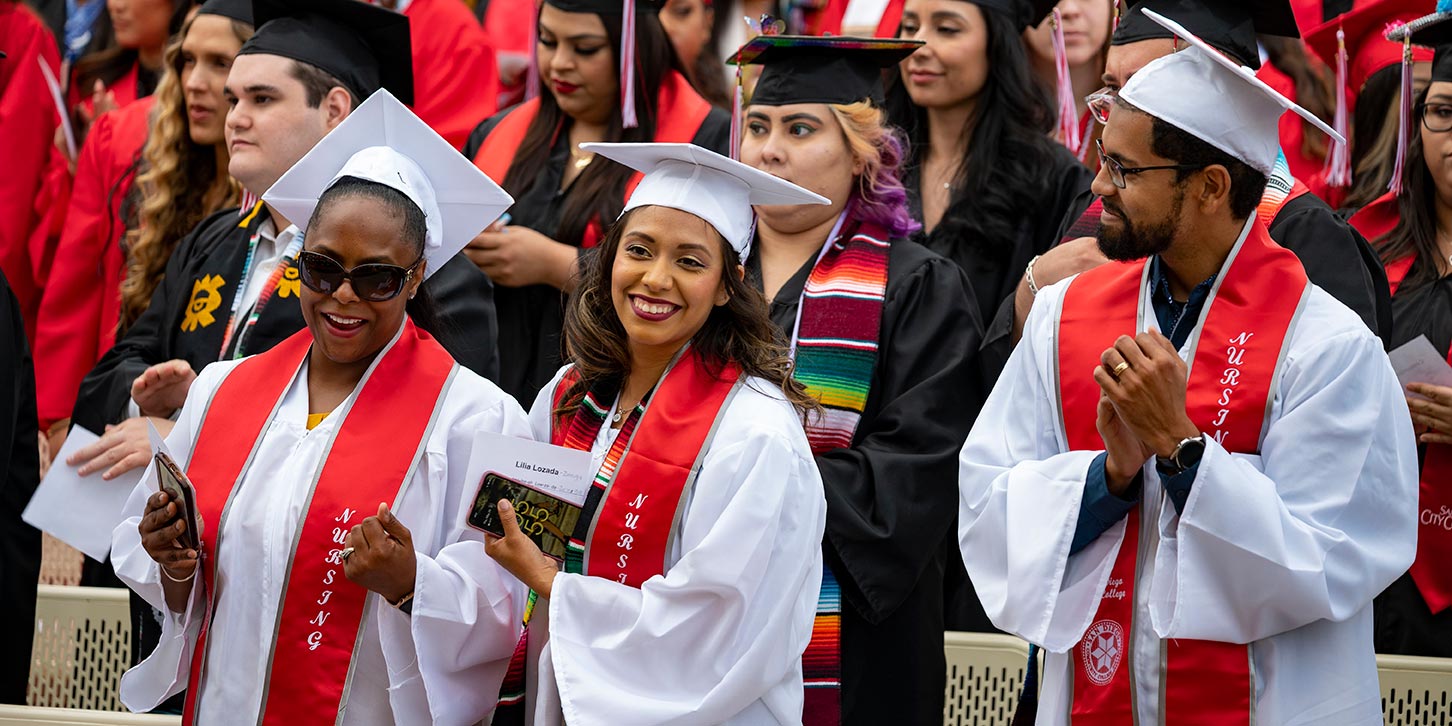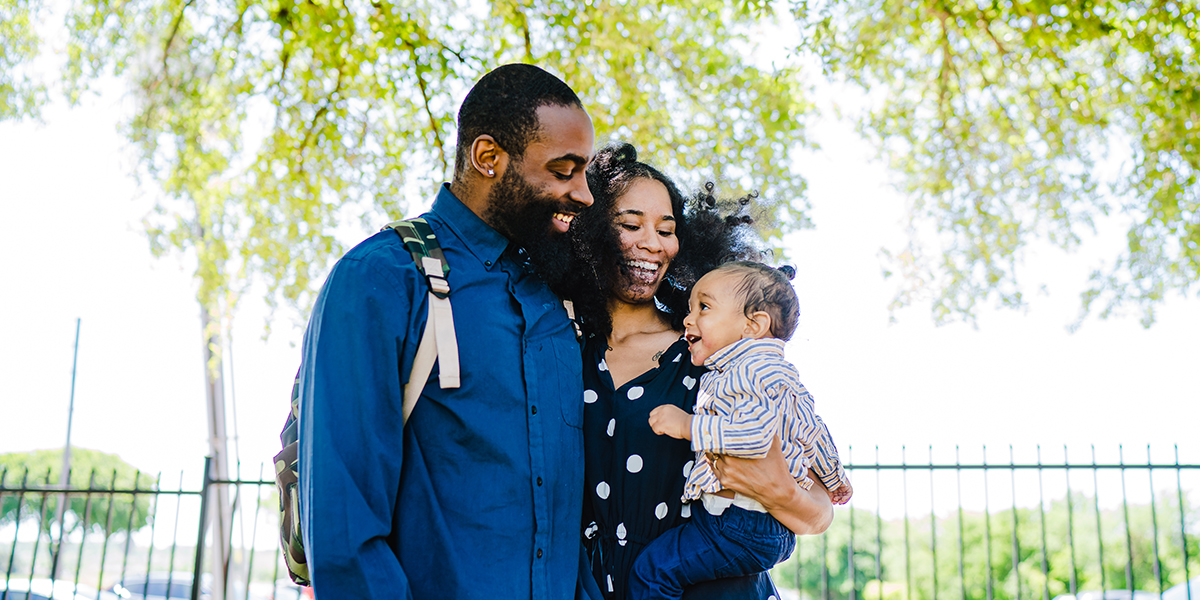Bernard, who asked to use only his first name, is soft-spoken, but his voice becomes declarative when he describes the San Diego Black Homebuyers Program.
“It’s like literally hitting the lotto,” Bernard said. “This program has been like a dream for me and for my fiancé. We’ve been able to buy our first home.”
Thanks to the program, Bernard and his fiancé recently moved into their condo and started some renovations. The couple first started looking for a home of their own in March 2021. While Bernard had been pre-approved by a lender earlier in the year, it was a text from his sister that changed his plans.
“The way I heard about the program was through my sister, who heard about it from her mother-in-law, who sent her a link about this program in San Diego,” Bernard recounted. “It’s funny because [her mother-in-law] works or lives in Sacramento. My sister just started sending it to all of her friends that she knew could probably benefit from the program and then she sent me that link.”
Homebuying Journey
Bernard investigated the program and found out that he qualified. It was a fast-paced process from qualifying and meeting program requirements to viewing about 20-plus properties.
“I was lucky to have acted right away,” he recalled of reaching out to Urban League of San Diego County about the program.
In the end, he submitted five offers – two of them were initially accepted but eventually fell through. After reconsidering their geographic parameters – Bernard works both from home and his office in Kearny Mesa, while his fiancé works in Riverside County – they eventually landed on their condo in North County.
Despite the challenges, Bernard still describes the experience with the program as “easy.”
“The hardest part is not the program,” he shared. “The hardest part is actually finding a home that suits you, in the location that you want and at the price that fits your pocket. Other than that, the program is easy. It’s just taking the initiative.”
As he talks about the program, Bernard is especially thankful to those who made it possible.
“Thank you, thank you. You created an opportunity for individuals who may find it hard to reach their dream of owning a home,” he said. “We have the opportunity to buy our first home, start creating a new life and start to dream a little bit bigger.”
About the Program
The goal of the Black Homebuyer Program is to improve the racial wealth gap in San Diego by investing in generational wealth-building opportunities through Black homeownership. Nationwide, the homeownership gap between Black families and white families has continued to grow in recent years. According to a new data tool released by the Urban Institute, only 26.5% percent of Black San Diegans are homeowners, compared to over 50% of white and Asian San Diegans.
The Black Homebuyer Program was founded and seed-funded by an initial pledge of $1 million by The San Diego Foundation’s Black Community Investment Fund, along with administrative funding from the County of San Diego, through the office of Board of Supervisors Chair, Nathan Fletcher. The program’s goal is to further wealth-building and to serve as a stabilizing force for family, community, health and self.
In September, the Black Homebuyer Program was buoyed by a $160,000 grant from the BQuest Foundation, which will help provide grants for another four homebuyers. In total, the Black Homebuyer Program will be able to assist 35 families this fiscal year. Several families are currently in the pipeline to receive grant funding; the Urban League of San Diego County assists prospective homebuyers throughout the process, while LISC San Diego manages grant funding.
About the Black Community Investment Fund
The Black Community Investment Fund prioritizes and invests in community-led, innovative efforts that increase racial equity and generational wealth for Black San Diegans. The fund was co-founded by the Central San Diego Black Chamber of Commerce and The San Diego Foundation, and focuses on four key pillars: education, employment, entrepreneurship and housing.
